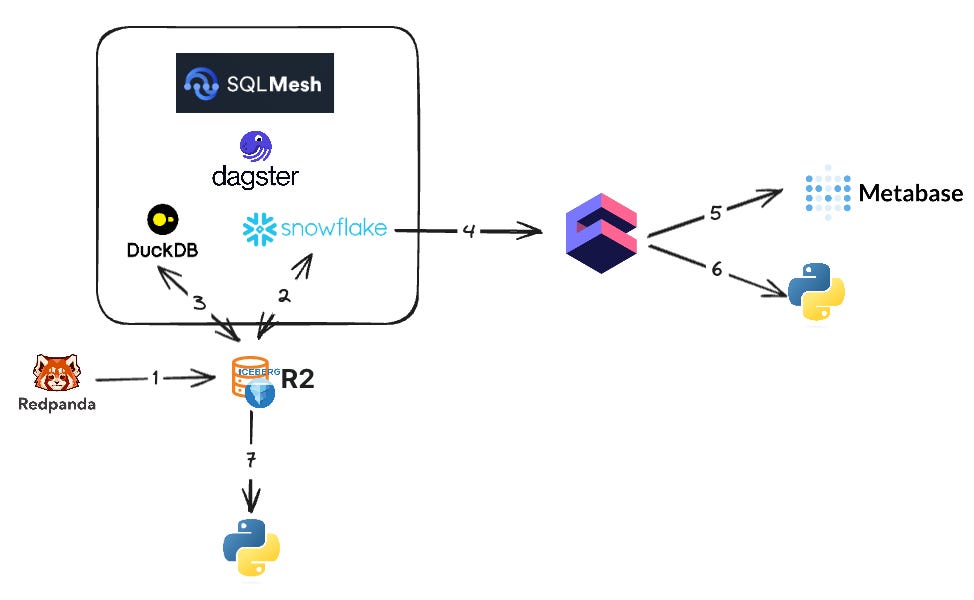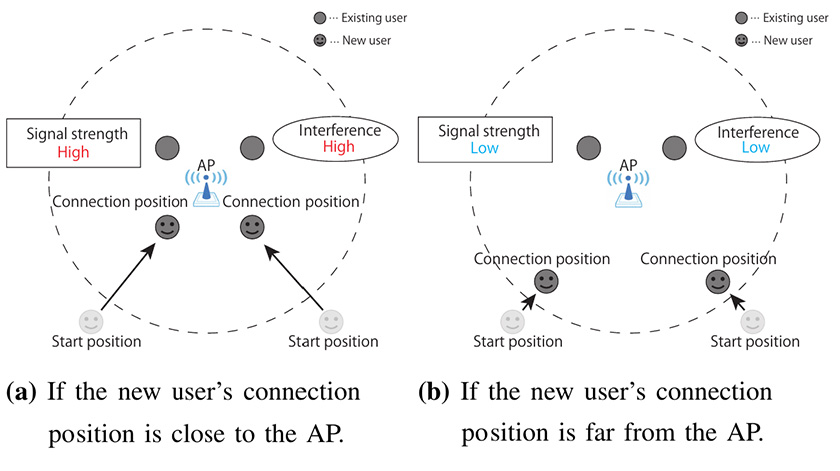
The New York Times says it won’t use identity tech like Unified ID 2.0
As other publishers kick the tires on identity technologies designed to replace third-party cookies, The New York Times is ruling them out. In a conversation with Digiday, the publisher’s svp of products Allison Murphy said the publication does not plan to use identity technologies, including Unified ID 2.0, an industry-wide, open-source tool in development.
“We’re going to see things like Unified ID 2.0 try to gain traction, but I’m not sure how successful they’ll be and they are not a priority for us right now,” said Murphy, who described The Times as a “subscription-first publication” that is not interested in cookie-replacing tech. She added, “We don’t look favorably on solutions that in the end are still about a lot of data transfer about individuals’ online behavior in ways they don’t understand.”
Now that third-party cookies are becoming extinct, companies including The Trade Desk, LiveRamp, BritePool and large data consultancies and brokers including Epsilon and Neustar offer these so-called alternate identifiers, some of which use email addresses or other personal information to create encrypted identity signals that can be used to track people across the web and target and measure advertising in programmatic ad systems. While suppliers of these technologies suggest they are built using data generated with people’s consent, others question those “privacy-first” claims.













/cdn.vox-cdn.com/uploads/chorus_asset/file/24016888/STK093_Google_01.jpg)






